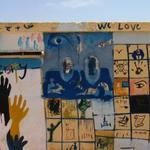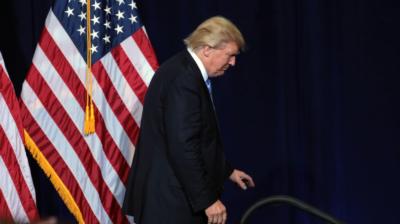One Against All: The National Islamic Front (NIF) and Sudanese Sectarian and Secular Parties
How to cite this publication:
Abdel Ghaffar M. Ahmed (2008). One Against All: The National Islamic Front (NIF) and Sudanese Sectarian and Secular Parties. Bergen: Chr. Michelsen Institute (SWP Working Paper SWP 2008: 6)
Any attempt to define and characterize the relationship between the National Islamic Front (NIF) and the sectarian and secular parties in Sudan must start with assessing the impact of Islam on the Sudanese political scene since the early days when the Arabized Muslim groups dominated the centres of power in Central Sudan. Today the NIF capitalizes on the adherence of the general public in the country to Sufi Islam and in the past used this as leverage to further its goal of establishing an Islamic state. In dealing with other parties, it used such strategies as intimidation, deception, control of key institutions in society and the like. The sectarian and secular parties were unable to counter these strategies due to internal weaknesses and limited resources. Instead of organizing an effective opposition inside the country, they opted to organize in exile, an act that distanced them from the masses and left the platform fully under the control of the NIF and, to a certain degree, the rebel movements. With the signing of the CPA the major rebel group, the SPLM, became a partner in the Government of National Unity, thus strengthening the grip of the NIF on power and wealth. This has led to further marginalization of the sectarian and secular parties which are left to seek alliances with discontented groups in Eastern and Western Sudan or to try to forge relations with the NIF which remains in full control of the political space.




